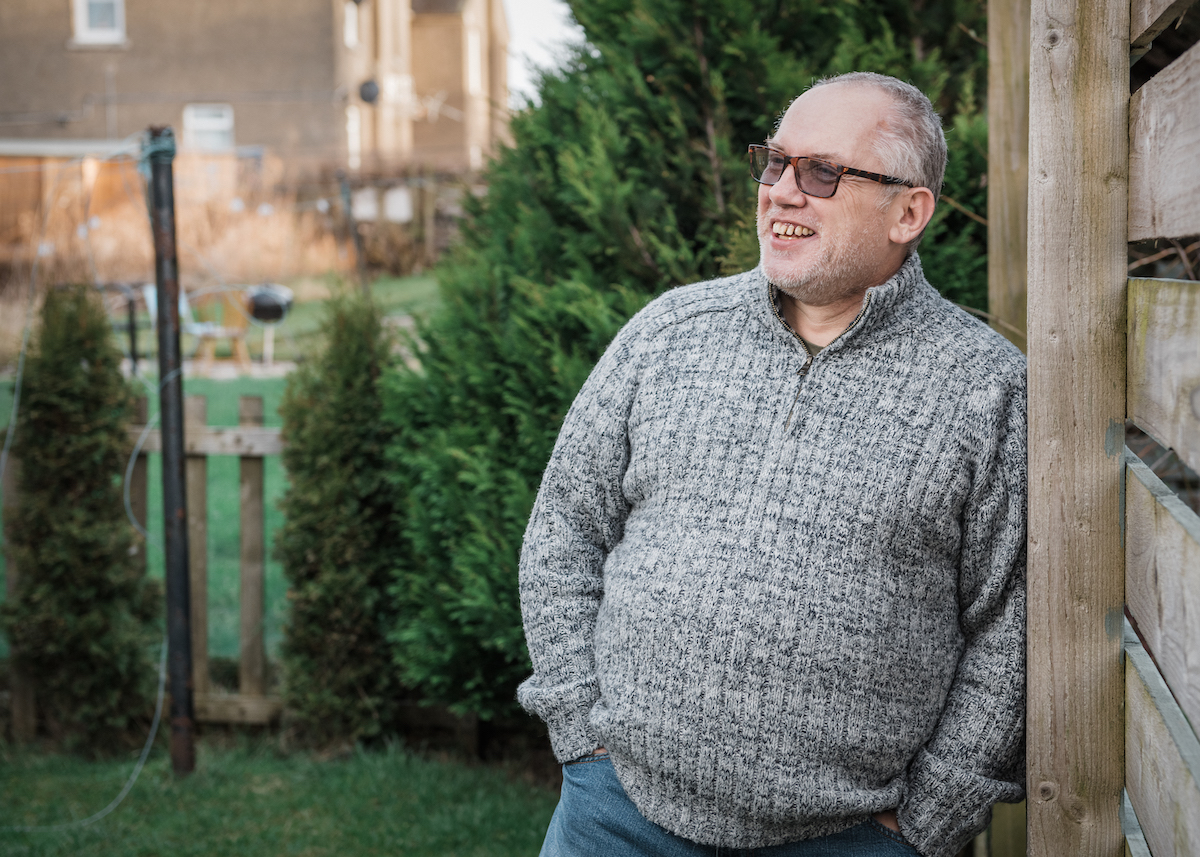Stroke Association highlight the impact particularly on young people
Nearly three quarters of Scots wrongly believe that strokes do not happen to young adults, according to new research revealed today by the Stroke Association.
Despite 61% of Scottish adults knowing someone who has had a stroke, there is still a common public misconception that the condition only affects older people, when in fact one in four strokes happen in people of working age.
The charity has released data to warn that not only can stroke affect anyone at any age, but that young stroke survivors are missing out on significant milestones in their lives as a result.
In a larger UK sample of respondents, the survey found that a quarter of young stroke survivors aged 18-60 feel that their stroke has robbed them of their future.
Over a third of survivors aged between 18-60 said that before their stroke, they didn’t think strokes happened to people of their age. While more than half of these young stroke survivors say their stroke has prevented them achieving an important life goal, such as progressing their careers or starting new relationships.
The effects of stroke are often devastating, with lives changed in an instant and survivors often left with serious long-term health issues. The research found that three quarters of stroke survivors aged 60 and under are struggling with fatigue since their stroke, while almost two thirds are living with depression or anxiety. More than half of respondents aged 60 and under now experience one-sided weakness, while almost two thirds are living with memory problems following their stroke.
John Watson, Associate Director at the Stroke Association, said: “Every stroke survivor should receive the support they need to help rebuild lives and help them to achieve their life goals. Our research highlights that people still think stroke is a condition that only affects older people. It’s crucial that we challenge this misconception and make people aware that stroke affects young adults too.
“Stroke is classed as a Clinical Priority in Scotland, but it needs to be treated as such. No-one deserves to have their hopes and dreams taken away from them, without the support they need, no matter what age. Recovery from stroke is possible, but it requires the public’s attention, the voice of stroke survivors, and action from decision makers. Together, we can make positive change, by taking real action.”
The impact of a stroke
But stroke has an impact on lives no matter what age the survivor is. Tom Middlemass (60) had his stroke in 2016.
He explained: “I was at work at the time of my stroke (I was a breakfast chef in a pub.) I collapsed and the only thing I remember after that was being on the floor with one of my co-workers trying to talk to me. I couldn’t communicate and I couldn’t get up off the floor. I felt trapped and terrified. My co-worker realised something was seriously wrong, so he called the emergency services and when the ambulance arrived, I went straight to the Royal Infirmary in Edinburgh where I was promptly diagnosed and treated (not thrombolysis.)
“I couldn’t talk for three days, and this was tough on both me and my wife. We were scared. My mobility had been affected so I had to learn to walk again. Neither of us knew anything about stroke including the fact it can affect communication. So Joanne had to find ways to help me whilst struggling to grasp the enormity of it all. She wrote things down, she tried to make me talk but it was hard to stop herself from finishing sentences for me.
“I was in hospital for a week and in that time, I learnt to walk again. We felt a little abandoned when we came home because we left hospital with very little information and limited communication from hospital staff.
“Coming home made me realise just how much my life had completely changed. Everything changed for me: physically, emotionally and financially. I found myself going into deep depression. I called it my ‘black, evil dog’. I couldn’t get out of bed in the morning. My life felt like a tunnel that I couldn’t escape from. There was no light at the other end. The whole family were aware of it, but didn’t really know what to do and how to help me. If we’dknown more about the effects of stroke and their impact on a person’s life, that would have been helpful. The depression did start to lift, but it’s still there and simple triggers can set it off again such as my girls talking too loudly and the telephone ringing.
“And then I started to talk openly about it. Before the stroke, I would have kept things to myself, but when I started talking to other people and having them listen to me, it was a huge comfort.
“My confidence is starting to grow, and I am slowly rebuilding my life. In the beginning I didn’t want to see friends, but I do now, and I enjoy it. I also go out for dinner with my wife and the kids (Caitlin and Morgan) so there’s a degree of normality returning.
“I would love to go back to work and despite trying a phased return to work, my sensitivity to noise made it too challenging. I’m now helping out at Longstone rehabilitation centre in Edinburgh and take part in art therapy classes – which I love.
“I also enjoy volunteering for the Stroke Association and recently presented my stroke experience to a room full of people affected by stroke. This was great for my confidence and self-esteem, and I’d like to do more of that.
“Joanne, my wife, is everything to me and I don’t know where I’d be if she wasn’t here to support me.”
